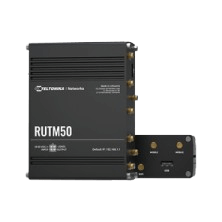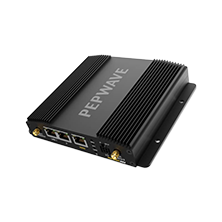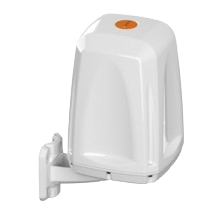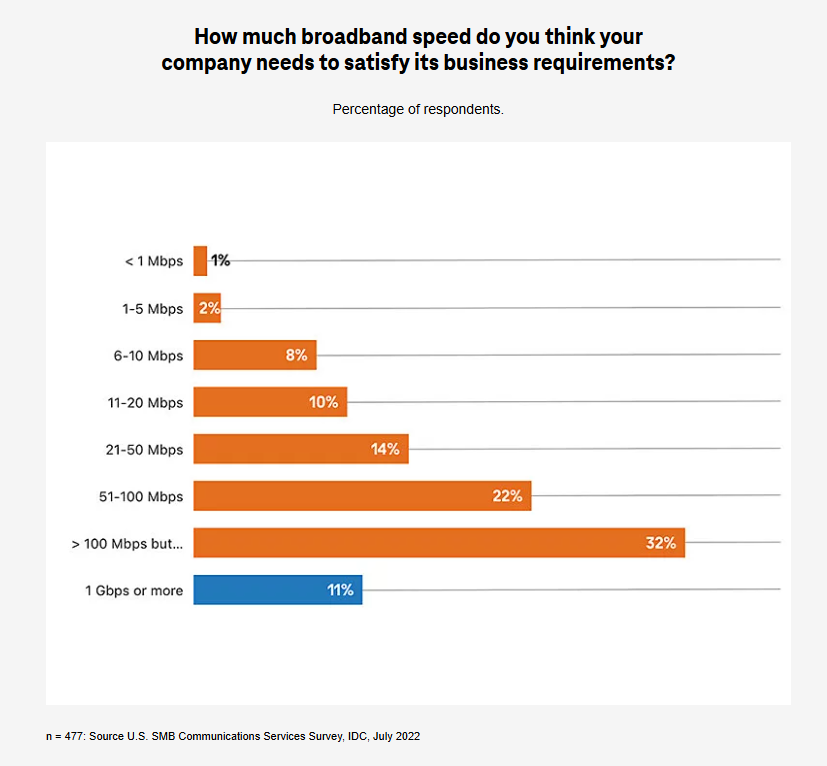What is Fixed Wireless Access (FWA)?
Fixed Wireless Access: The Internet Solution You’ve Been Looking For
If you don’t have reliable broadband internet options in your area—or any at all—fixed wireless access (FWA) might be just what you’re looking for. In this article, we’ll be covering what fixed wireless access is, how it works, and other common questions.
We fix poor cell phone signal! Find the right signal booster for you:




What is Fixed Wireless Access?
Fixed wireless access, also referred to as fixed wireless internet, uses 5G and 4G networks to deliver high-speed internet access to fixed locations, like homes and businesses, without relying on cables. It’s an economical way of providing internet to areas with cellular coverage but limited wired broadband infrastructure.
With the power of 5G, FWA offers comparable speeds as fiber, making it a great broadband alternative for both underserved locations and businesses needing a backup network.
How Does Fixed Wireless Access Work?
FWA uses the cellular network, similar to your cellphone, but on a fixed scale.
Base stations—like cell towers and small cells—from AT&T, T-Mobile, Verizon, and other communication service providers (CSPs) broadcast cellular frequencies. Cellular routers paired with a roof-mounted CPE (consumer premise equipment) antenna, receive those signals and provide internet access via Ethernet or WiFi.
The CPE antenna establishes a wireless point-to-point connection with CSP base stations for strong, consistent service. Often featuring exceptional range, these antennas can send and receive signals from base stations located miles away, making FWA an excellent option for rural areas.

Much like your phone, you’ll need a SIM card with a data plan to get started. Factors like whether you’re on 5G or 4G, how far you are from a tower, and network traffic will all affect data speed, latency, and capacity.
If looking for a high-quality cellular router or CPE antenna for your FWA network, here are our top sellers:

Dependable data transfer and communication for solid FWA.
Buy Now: $599.99
Unbreakable FWA with advanced features and WiFi 6 support for multiple devices.
Buy Now: $999.99
The 7-in-1 omnidirectional CPE optimizes FWA connectivity with high-gain.
Buy Now: $292.95Is Fixed Wireless the Same as Mobile Broadband?
While fixed wireless and mobile broadband both use cellular technology to provide internet access, they are not entirely the same.
Mobile broadband is designed for portability, supporting fixed and on-the-go applications. However, this flexibility often comes with limited equipment capabilities and connectivity that varies based on location. FWA provides faster, more reliable internet access at a fixed location, using roof-mounted antennas with great range. The cellular router consistently receives a stable signal from the source, resulting in a stronger connection.
| Fixed Wireless Access vs Mobile Broadband | ||
| Features | Fixed Wireless Access | Mobile Broadband |
| Primary Use | Fixed locations, homes and businesses | Portable, on the go or fixed applications |
| Installation | More complex to install and may require professional installation | Plug-and-play |
| Performance | Generally provides higher speeds and lower latency | Speed varies based on location and network traffic |
| Reliability | More stable connection due to fixed location and equipment | Connectivity may fluctuate based on location and movement |
| Data Plan | Designed for heavier usage, often with higher data limits | Lower data caps or speed limits to balance network demand |
| Best For | Homes and businesses in areas lacking reliable wired options | People needing internet access in various locations or while traveling |
How is FWA Different from Other Internet Connectivity Technologies?
DSL, cable, fiber, and satellite are the most common internet connectivity technologies. Here is how FWA compares:
- DSL vs FWA: Digital Subscriber Line (DSL) uses telephone lines to transmit data, making it widely available in urban and rural areas. Service reliability depends on proximity to the main distribution point. FWA, especially on 5G, is generally faster than DSL.
- Cable vs FWA: Cable internet uses coaxial cable to deliver internet service. It’s available in urban, suburban, and some rural areas. Performance can fluctuate based on network congestion and the provider’s infrastructure. While it can provide faster speeds than 4G FWA, 5G FWA speed may rival or exceed cable.
- Fiber vs FWA: Fiber optic internet transmits light signals over fiber-optic cables, providing the fastest speeds and lowest latency. However, it’s costly and time-consuming to deploy, limiting its availability. 5G FWA can offer competitive speeds wirelessly in some areas, though latency will vary.
- Satellite vs FWA: Satellite internet uses geostationary or low Earth orbit (LEO) satellites to wirelessly transmit data to and from a dish on the premise. It’s available anywhere, particularly in remote and rural areas where DLS, cable, and fiber are unavailable. Typically, speed is slower and latency higher than FWA.
Is FWA Slow?
Not necessarily, but it depends on your mobile network. T-Mobile states that FWA can provide speeds of 50 Mbps or more on 4G LTE and 100 Mbps to 1 Gbps on 5G. On a global scale, a GSA study carried out in May 2024 shows max download speed of 178.6 Mbps for LTE FWA and 974 Mbps for 5G FWA. With these speeds, fixed wireless access broadband service meets the demands of both households and businesses.
Who is Fixed Wireless Internet For?
Fixed wireless access is ideal for:
- Homes and businesses in areas where traditional wired broadband services (DSL, cable, or fiber) are unavailable or too expensive.
- Businesses that require a dependable backup network capable of delivering fast data speeds to multiple devices in the event of a primary network failure.
- Temporary fixed job sites like construction sites or pop-up stores needing a reliable, easy-to-deploy internet solution.
Can Fixed Wireless Access Really Meet the Needs of Businesses?
While cable and fiber broadband solutions are the standard, fixed wireless access internet can meet the needs of most small to medium businesses. According to T-Mobile, a study shows that 89% of surveyed businesses require less than 1 Gbps to operate, making FWA a capable primary or backup solution. As CSP’s coverage expands and networks evolve, FWA performance will continue to improve.

What are the Advantages and Limitations of Fixed Wireless Access?
Like all internet connectivity technologies, FWA has its pros and cons, which include:
Advantages:
- Delivers high-speed internet in areas without wired infrastructure but with cellular coverage.
- Can be faster and more affordable to install than fiber or cable.
- Download speeds comparable to fiber in some areas.
- More weather-resistant than satellite or DSL internet services.
- Supports high bandwidth to handle data-intensive applications.
- Can serve as a backup connection during wired broadband network failure.
Limitations:
- Requires line of sight to base station for best results.
- Obstructions and severe weather can impact performance.
- Latency is higher than fiber internet.
How to Get Started with Fixed Wireless Access?
An FWA setup requires a high-quality cellular router, a CPE antenna, and a data plan that meets your usage needs. Wilson Amplifiers is a leading provider of industry-leading cellular routers, antennas, and more. To find the best equipment for you, contact us at 1-800-568-2723 or sales@wilsonamplifiers.com for personalized assistance and expert recommendations.
Sources:
Interested in Learning More? Check Out Our Signal Boosting Info Center


Money Back Guarantee

Technical Support